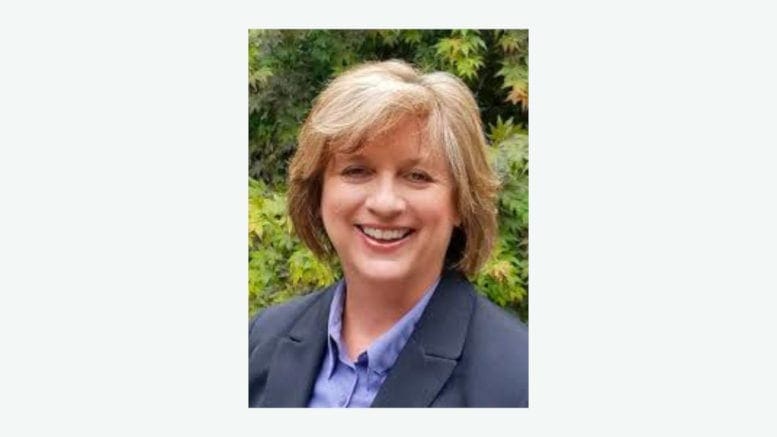By Melanie Dallas, LPC
As mental health issues are becoming more frequently and openly discussed, especially on the heels of the pandemic, I wanted to take an opportunity to look more closely at the role(s) of social workers in our communities. While some people may think of social workers only in the context of child protective services, the fact is social workers practice in a variety of settings and for a variety of organizations, including as mental health clinicians.
In March we recognize social workers for the hard work they do every day to help our communities – and the people that reside there – be the best they can be. Sponsored by the National Association of Social Workers (NASW), the theme of the 2022 National Social Work Month is The Time is Right for Social Work. As the head of an agency that employs dozens of professional social workers, I agree wholeheartedly.
During the pandemic – the impact of which will be felt for years to come – social workers played a vital role in bringing comfort and aid to families who had lost a loved one to Covid. Every hospital employs social workers, who also may be called upon to interview families in cases of suspected abuse, but who also work to help families connect with other critical resources – community clinics, food banks, schools, legal aid, financial assistance and so much more.
One area where social workers have been absolutely critical over the past two years is in connecting people to behavioral health services, including mental health counseling and substance use treatment. And not just connecting people to it, but in many cases providing it – as professional therapists, addiction counselors, case managers, marriage counselors, school counselors and child advocates. In fact, social workers play so many roles in so many community institutions that it is impossible to list them all here.
But regardless of where an individual social worker might practice, the profession is based around a simple and heartfelt purpose: helping others. The International Federation of Social Workers (IFSW) defines social work as a practice-based profession and an academic discipline that promotes social change and development, social cohesion, and the empowerment and liberation of people. A second part of the IFSW definition captures the essence of social work as it applies to recovery: social work engages people and structures to address life challenges and enhance wellbeing.
Social workers are not only essential to delivering professional services in our communities, they are essential to helping thousands of individuals achieve a life in recovery. And that is exactly what social workers do at Highland Rivers Behavioral Health – engage individuals, and often families, in addressing the challenges of mental illness, substance use disorders, and disabilities, in order to enhance their quality of life by learning to manage their illness, increasing their independence and being productive members of their community.
According to NASW, there are approximately 700,000 social workers in the U.S., a number that is expected to grow to 800,000 by 2023. In Georgia, which remains one of the fastest-growing U.S. states, there are 14,000 social workers – and we always need more – who earn on average $64,000 a year, much higher than the state’s average income.
So this month, especially as we reflect on two years of the pandemic and the impact it has had on our communities, businesses, schools and families, let us take a moment to remember and thank social workers who have been there, walking right alongside us, through it all. I want to extend a heartfelt thank you to all of the professional social workers at Highland Rivers Behavioral Health, and to social workers everywhere for the important work you do every single day.
Melanie Dallas is a licensed professional counselor and CEO of Highland Rivers Behavioral Health, which provides treatment and recovery services for individuals with mental illness, substance use disorders, and intellectual and developmental disabilities in a 13-county region of northwest Georgia that includes Bartow, Cherokee, Cobb, Floyd, Fannin, Gilmer, Gordon, Haralson, Murray, Paulding, Pickens, Polk and Whitfield counties.
